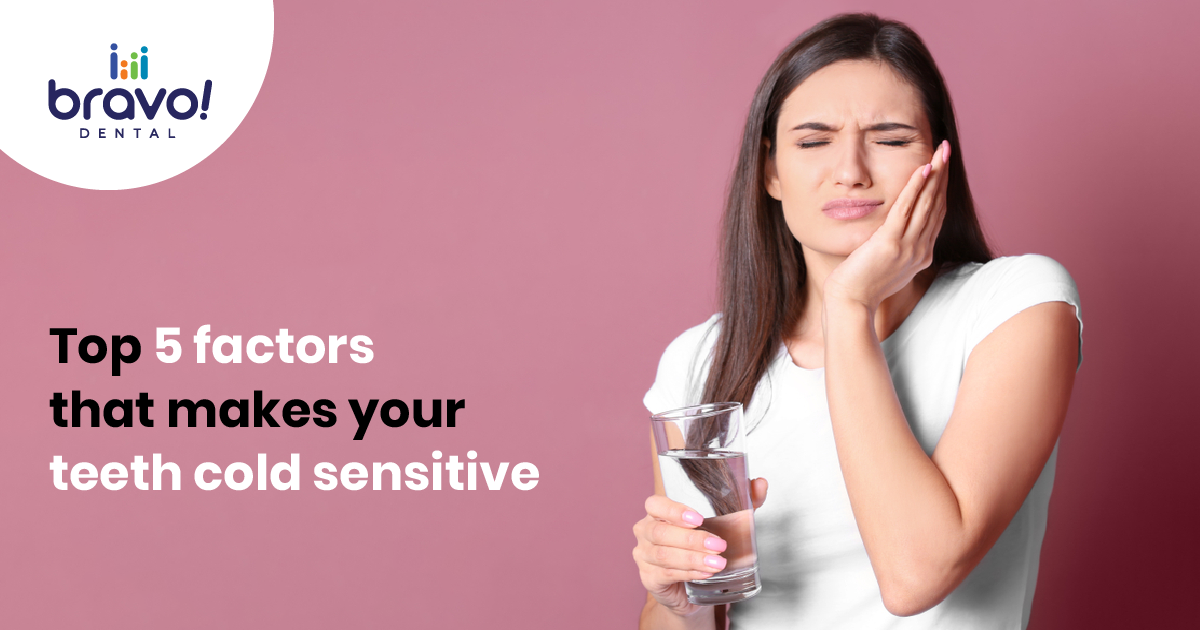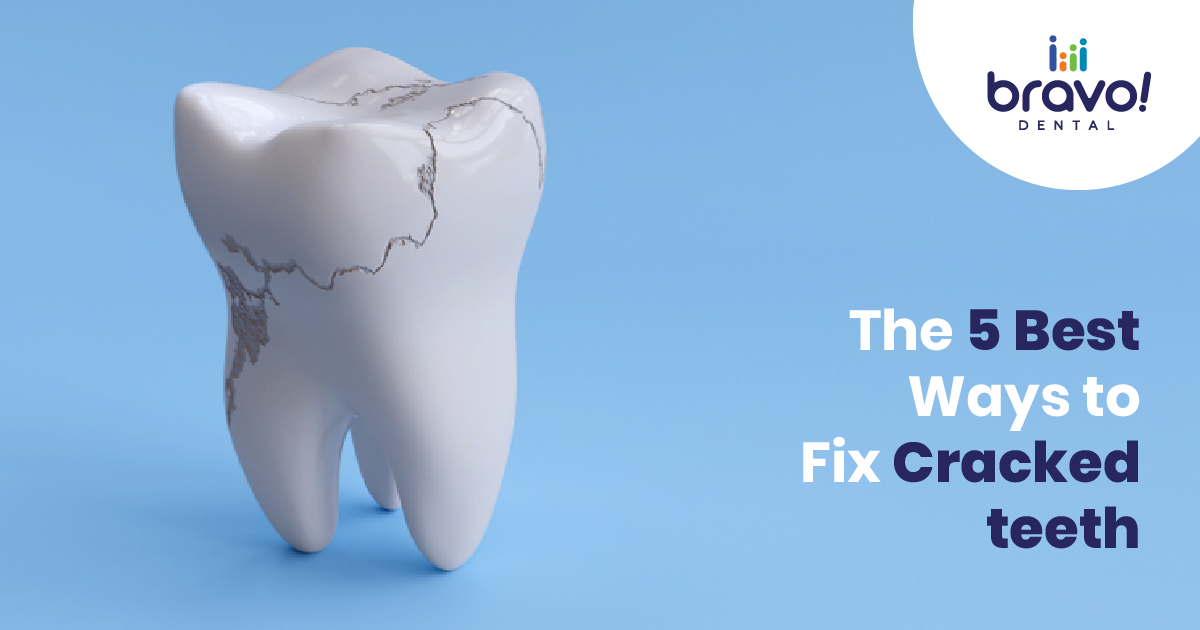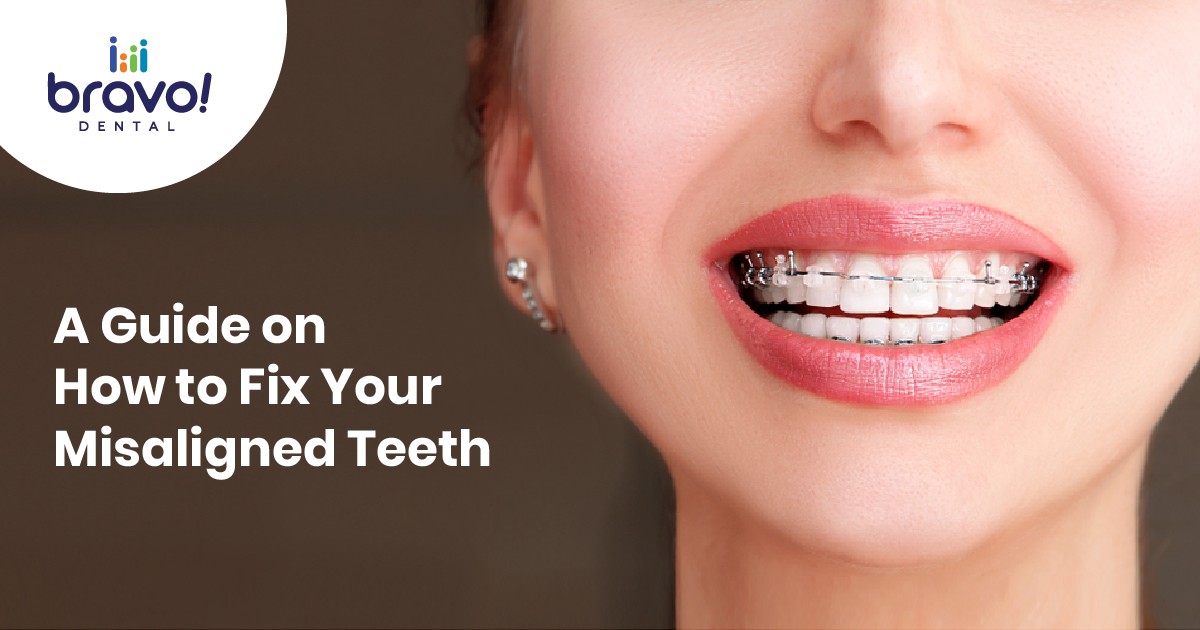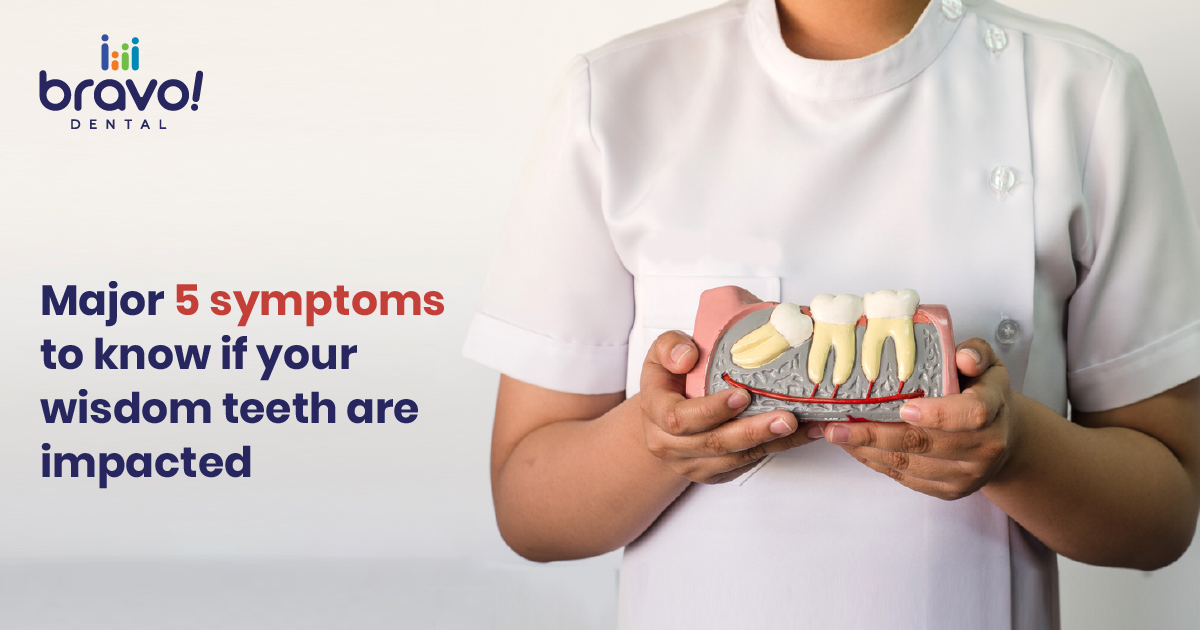Dreaming of the good old days when enjoying your favorite sundae, did not involve any discomfort, let alone pain?
If eating ice cream or drinking a cold beverage hurts your teeth, you most likely have decay or a gum problem. So how do your teeth become cold-sensitive? When the nerves present in the teeth are exposed to receding gums or damaged dental enamel, the teeth become cold-sensitive.
What Makes your Teeth Sensitive to Cold Temperatures?
Cold-sensitive teeth can be caused by a variety of factors, including:
- Tooth Decay or Gum Disease: If your sensitive teeth ache even when you’re not eating or drinking anything cold, you may have tooth decay or gum disease. Plaque accumulation on the teeth and gums can aggravate cold sensitivity by causing tooth decay and gum disease.
- Excessive Product Use: Cold-sensitive teeth can be caused by external causes such as cleaning your teeth too hard, overusing dental whitening procedures, or acids found in regular foods and drinks such as wine, coffee, and tomatoes, which can cause irreparable enamel loss.
- Grinding Teeth and Stress: Excessive tooth grinding (bruxism) can wear away the enamel and expose nerves, resulting in cold-sensitive teeth.
- Exposed Nerve Roots: The biological cause of cold sensitivity in teeth begins in the tooth’s pulp. When tooth roots become exposed owing to receding gums or gum disease, the nerves in the pulp render your teeth sensitive to cold.
- Teeth Cracks: Microscopic cracks can form as your teeth expand and contract in response to hot and cold temperatures. Because the fissures give another conduit to the nerves, the teeth are more sensitive to cold.
These problems might sometimes get so severe that you need professional help. A dental expert would prescribe a sensitive toothpaste that de-sensitizes your nerves while also containing fluoride to prevent tooth decay. If the situation is more significant, a tooth sensitivity treatment that involves applying a sealant to your tooth to help protect it and relieve the pain associated with dental sensitivity would be required.
If you’re ready to get rid of the discomfort caused by sensitive teeth, or if you have any questions, contact our specialists at Bravo Dental today, and stop dreaming of the good old days and get a spoon handy to eat that sundae again to your heart’s content!









